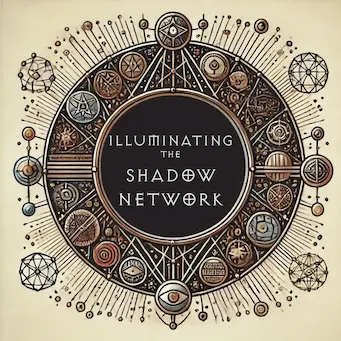Stephen Billy
Role: Contributor
Position: Former Deputy Chief of Staff at the U.S. Department of Labor (DOL)
Background:
Stephen Billy served as the Deputy Chief of Staff at the U.S. Department of Labor during the Trump administration. He has a background in law and public policy, having held various roles in government and public service. Billy’s work at the Department of Labor involved overseeing policy initiatives and administrative functions, contributing to the implementation of the administration’s labor policies. He also served in other significant roles during the Trump administration, including Senior Advisor at the White House Office of Management and Budget and Deputy Chief of Staff at the Office of Personnel Management. Billy holds a JD from Notre Dame Law School and a BA from Franciscan University of Steubenville.
Relation to Trump:
Stephen Billy’s role at the Department of Labor directly connected him to the Trump administration’s efforts to reform labor policies. His work involved supporting initiatives that were central to the administration’s goals, such as reducing regulations and promoting economic growth through business-friendly policies. His various positions within the administration demonstrate his alignment with Trump’s policy agenda.
Scandals or Controversies:
Stephen Billy has not been involved in any personal scandals. However, his tenure at the Department of Labor included overseeing controversial policy changes, such as efforts to roll back Obama-era labor regulations. These policy shifts were met with opposition from labor unions and worker advocacy groups who argued that they could negatively impact worker rights and safety.
Potential Concerns:
Billy’s tenure at the Department of Labor was marked by efforts to roll back regulations and reduce the regulatory burden on businesses, aligning with the Trump administration’s broader agenda. Critics argue that such deregulation efforts could undermine worker protections and safety standards, potentially favoring business interests over employee welfare. His involvement in these controversial policy changes could attract scrutiny and criticism from those who opposed the administration’s approach to labor policy.


